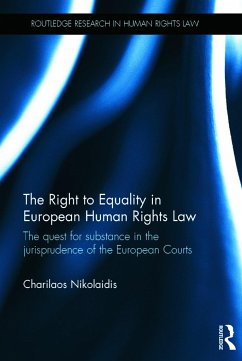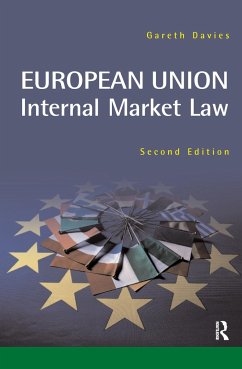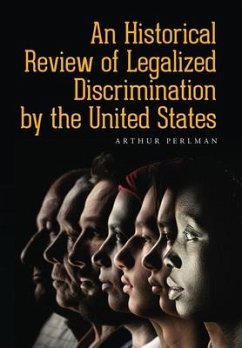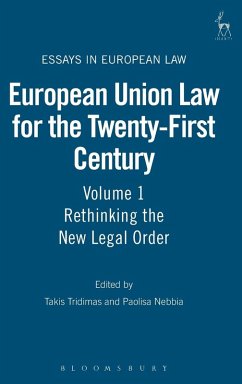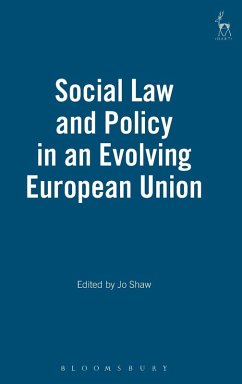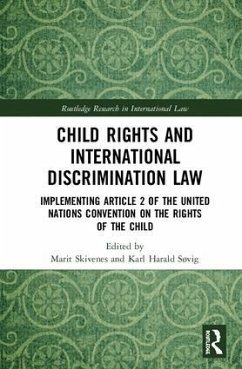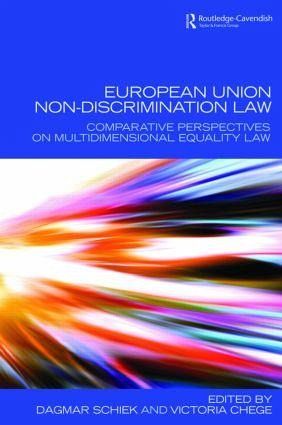
European Union Non-Discrimination Law
Comparative Perspectives on Multidimensional Equality Law
Herausgeber: Schiek, Dagmar; Chege, Victoria
Versandkostenfrei!
Versandfertig in 1-2 Wochen
178,99 €
inkl. MwSt.
Weitere Ausgaben:

PAYBACK Punkte
89 °P sammeln!
This edited collection addresses the multidimensionality of EU equality law from conceptual as well as practical perspectives. Bringing together academics from all over Europe and from different disciplines, including law, politics and sociology, the book focuses on the question of multidimensionality and intersectionality, and deals with the consequences of multiplying discrimination grounds within EU equality law.






